10 Ways to Improve your Digestion and Brain Health with Leafy Greens
Leafy greens give you the most nutrients per calorie. Rich sources of fiber, vitamins C and A , B3, magnesium, potassium, calcium, iron and vital phytochemicals (natural plant compounds with antioxidant, anti-inflammatory properties), these plant foods boost your mood, brain health and immune system. Make greens part of your meals. Choose the ones you most enjoy. Discover new leafy greens and cruciferous vegetables (broccoli, cauliflower, Brussels sprouts). Find the ways that work best for you.
[su_expanding_quote_book alignment=”right” source_author=”Leslie Korn, MD” source_title=”Nutrition Essentials for Mental Health” full_quote=”Green plants are rich in chlorophyll, the green color of plants that helps to clean and build blood. It inhibits bacterial growth, yeasts and fungi in the digestive tract, purifying the body of toxins. It is anti-inflammatory and helps to renew cells and support healthy gut bacteria. It is an energizing food important to people with fatigue-related conditions, depression and IBS (inflammatory bowel syndrome” short_quote=”It is an energizing food important to people with fatigue-related conditions, depression and inflammatory bowel syndrome”]Salads: Add rainbow vegetables and use leafy varieties to keep salads tempting – arugula, spinach, bok choy, kale and different lettuces
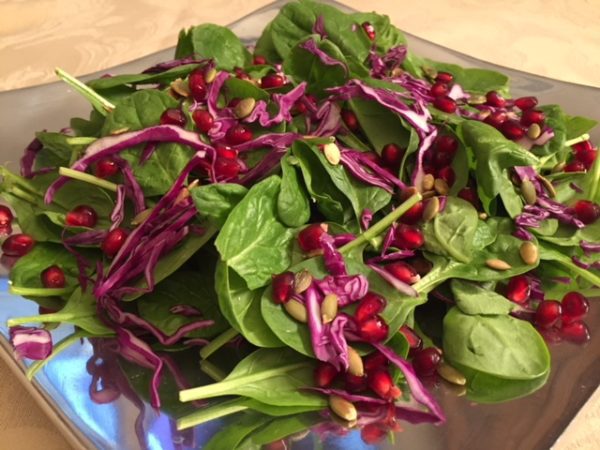
Coleslaws– Use different cabbages, add colored veggies, herbs, nuts and seeds
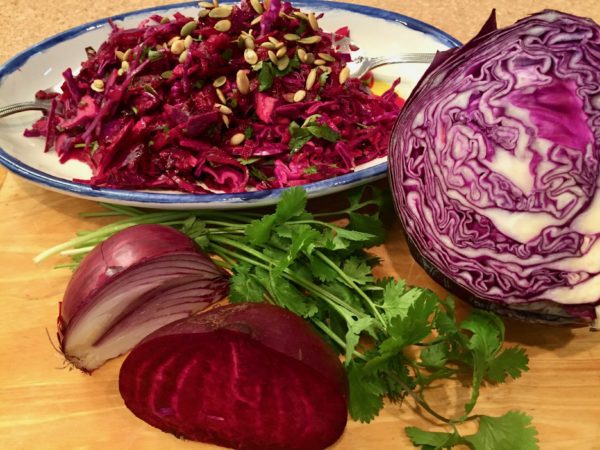
Cruciferous Salads – Go beyond cabbage, use any cruciferous, add any thinly sliced, or grated vegetable – carrot and beets to from fennel and jicama and more. Skip the mayo and use a tangy vinegar-based dressing
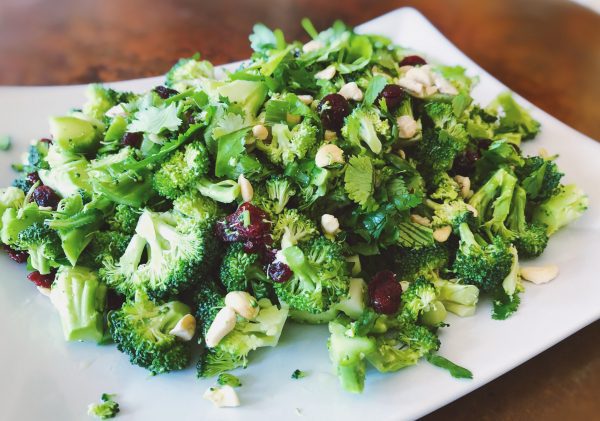
Breakfast Smoothies – always add protein, and health fat (nut butter, flaxseed, chia seed, kefir or milk of choice)
Egg Casseroles, breakfast tacos and omelets

Roasted vegetables – Use cruciferous vegetables with sweet potato and other root vegetables.
- Add chopped herbs before roasting – rosemary, sage, thyme
- Or after roasting – basil, cilantro, mint, parsley
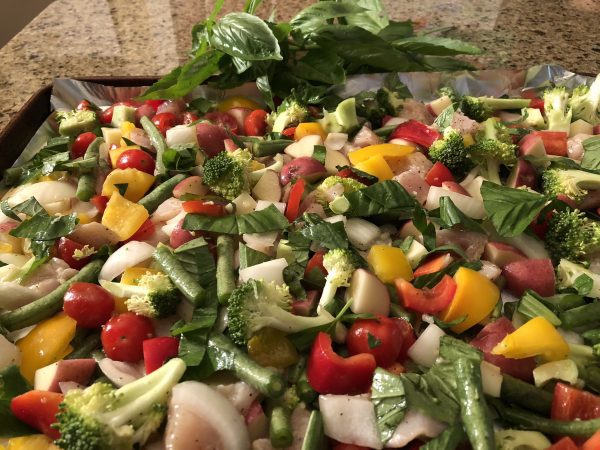
Chicken and Veggie Sheet Pan Dinner
Add to grain bowls and pasta dishes – leafy greens, herbs, chopped or grated broccoli/cauliflower
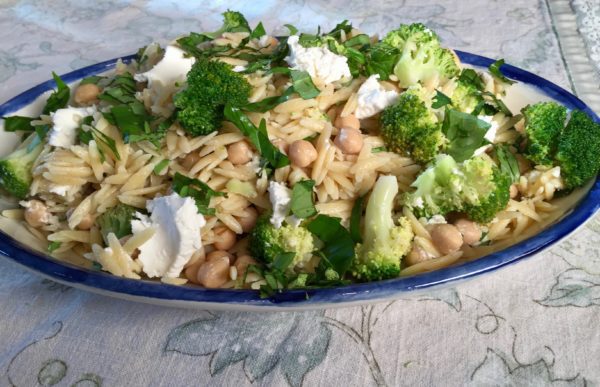
Add leafy greens – such as spinach, kale, Swiss chard – to soups, chilies, stews the last few minutes of cooking.
Or serve with chopped herbs (such as cilantro, parsley) on top

- Roast on fish, or chicken
- Spread on breakfast toast, or rice cakes for a snack
- Use as a sandwich spread or veggie dip
- Toss with pasta, or grain bowls
- Add to salads
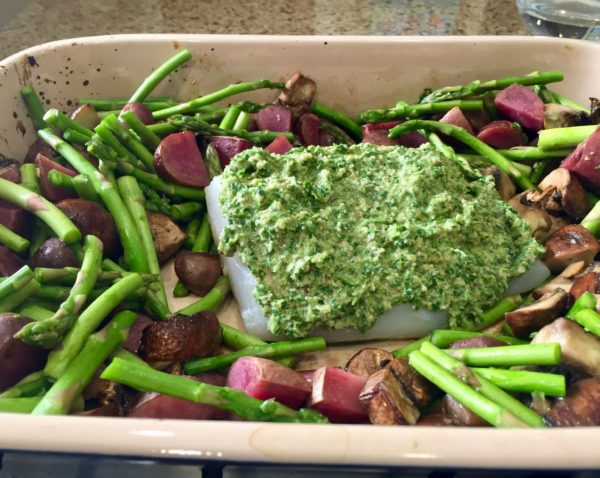
Use in lunch wraps with hummus, pesto, leafy greens and leftovers
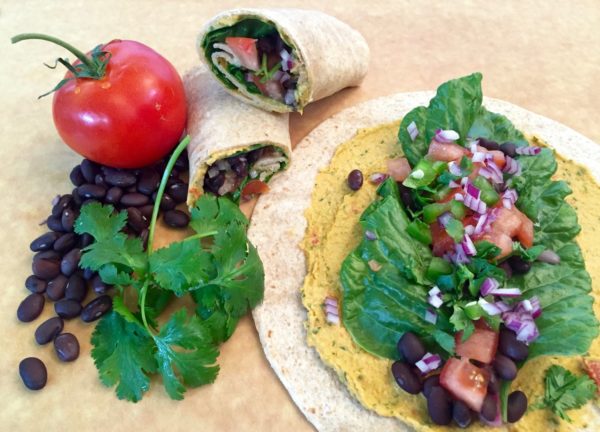
Use the Swiss chard or collard greens as the lunch wrap. Spread hummus, Greek yogurt or pesto and add leftovers. Or shredded veggies like carrot or beet and chopped nuts or seeds.
[su_expanding_quote_book alignment=”full” source_author=”Elson M. Haas MD” source_title=”Staying Healthy with Nutrition” full_quote=”Chard is about one-third protein and a good fiber food. Collards are among the richer sources of Vitamin A, folic acid and vitamin C are strong. Minerals calcium, potassium, iron and zine are plentiful as are multiple phytochemicals.” short_quote=”Chard is about one-third protein and a good fiber food”]
Updated from original post published October 2021

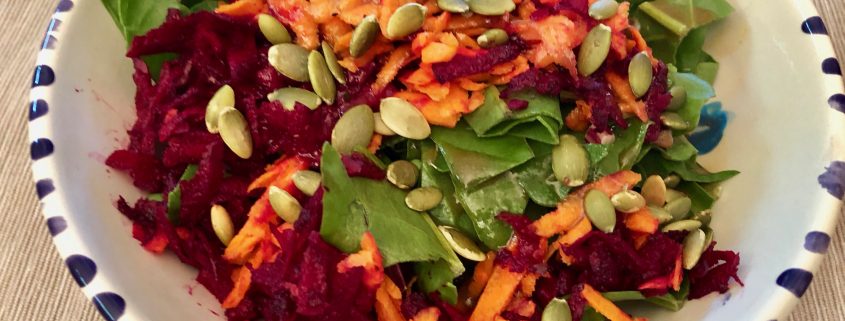
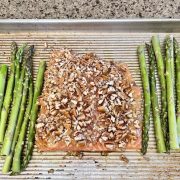



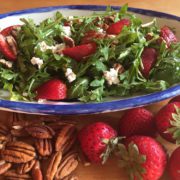
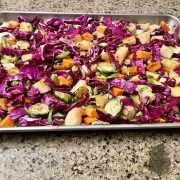




Leave a Reply
Want to join the discussion?Feel free to contribute!